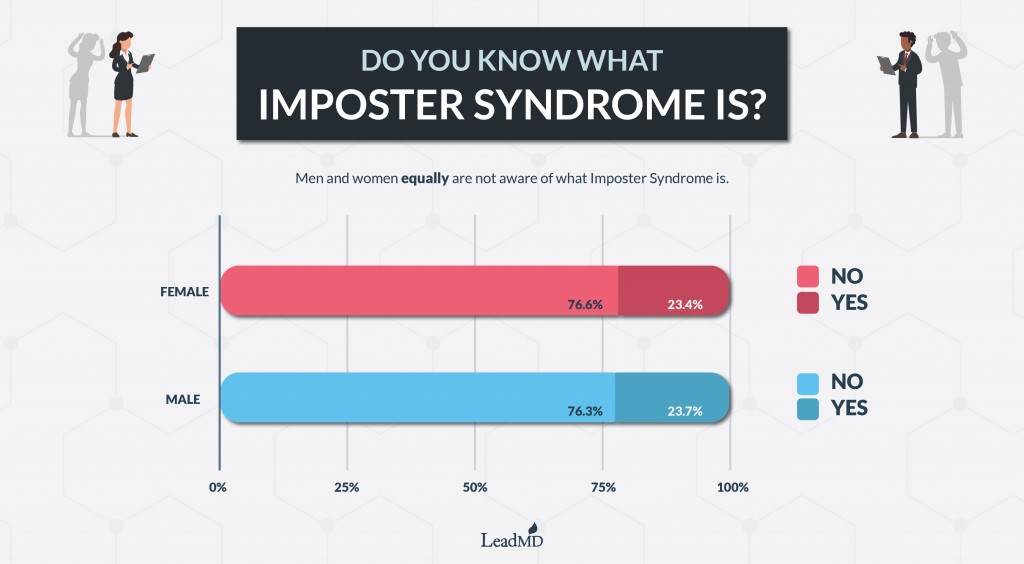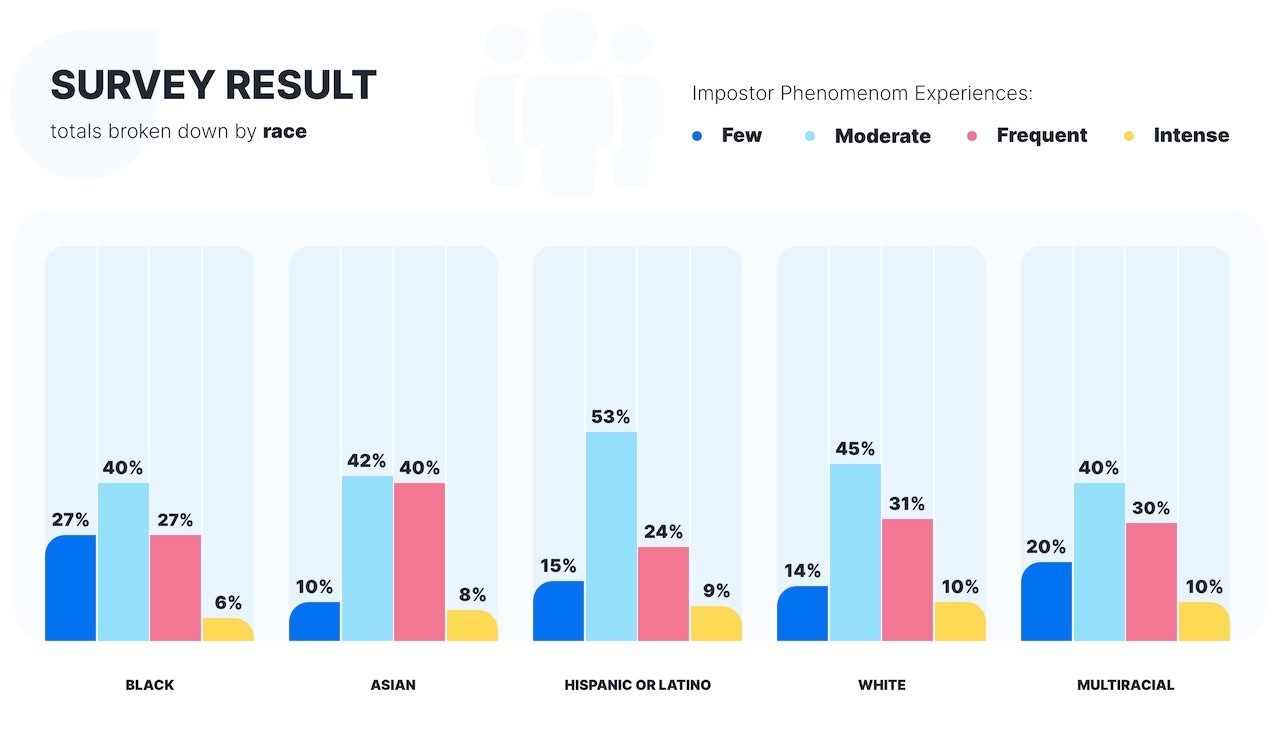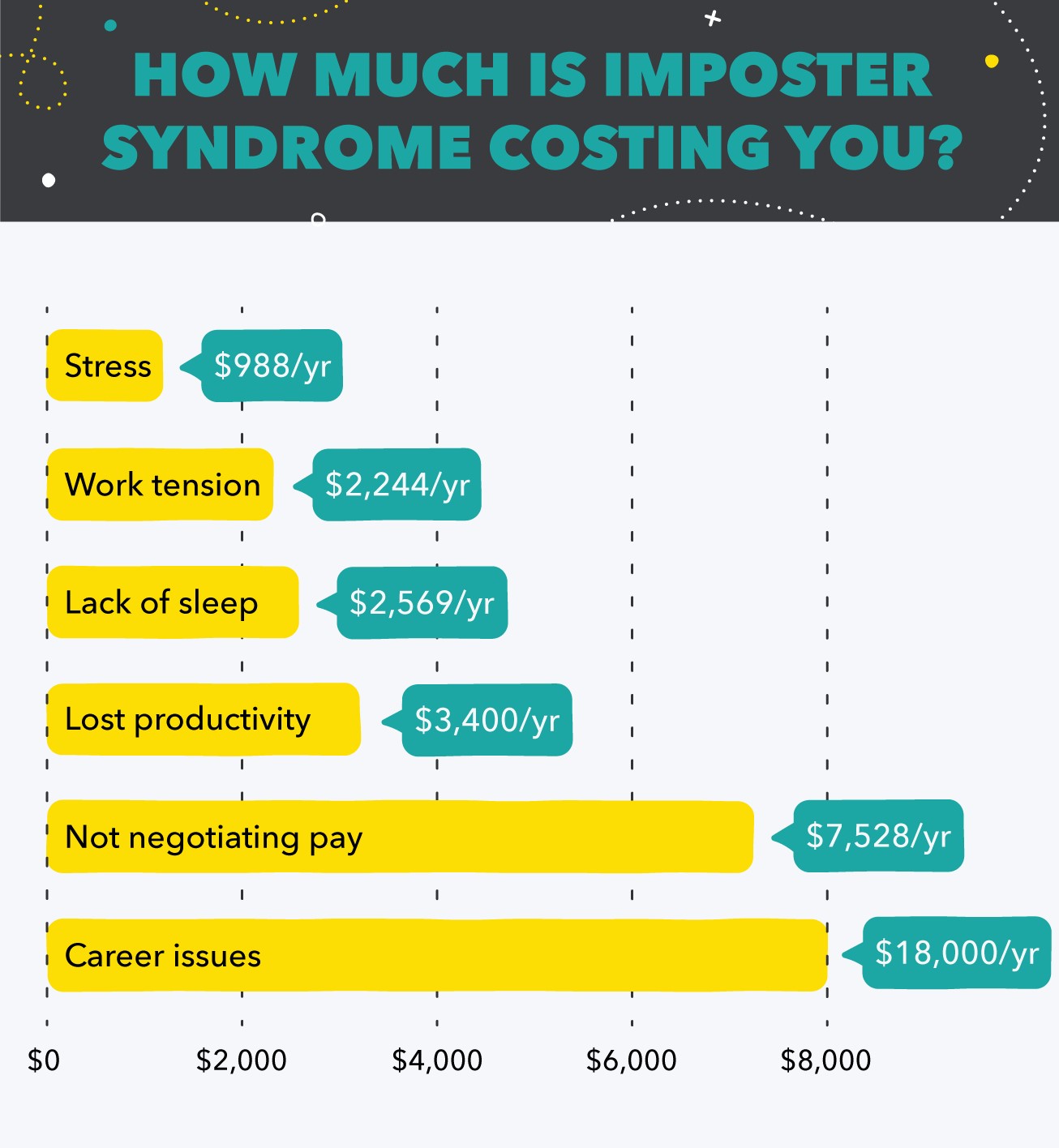
Impostor syndrome is a very common phenomenon also known as fraud syndrome or impostor experience has a stereotypical tag added to itself, mental illness. Well, the impostor phenomenon is definitely not a mental illness but at the same time, it deals with the mental state of a person. Special education courses are providing apt guidance in this specific genre and they’ve found out that high achievers people are having this impostor syndrome.
What is impostor syndrome?
Veteran teachers have often seen this issue in students who’re quite ambitious and have a regular topping streak. Students with high success rates develop this syndrome and they have doubt about their abilities. They start feeling that they don’t belong in the classroom and they don’t deserve any success. They hardly accept their accomplishments and start feeling like an impostor.
It’s a shocking fact that around 82% of people are having impostor phenomenon, and they’re struggling with the thought that their accolades, achievements, success, etc., are baseless. They consider themselves frauds, and this situation leads to health problems like anxiety, career burnout, depression, etc. Because of this, how to deal with imposter syndrome is one of the most-asked questions on Google.
It can be spelled as an imposter as well as this spelling is prevalent in the southern hemisphere like Australia and Newzealand. It is heartbreaking that overachievers and over-ambitious people are usually suffering from this.
Coining the term Imposter Syndrome:
Psychologists Pauline Rose Clance and Suzanne Imes developed the concept of the “imposter phenomenon,” in1978. Their study was based on high-achieving women who started feeling unworthy and their mental health started degrading. From top-level Hollywood actresses to leading political women, many of them have been a victim of the imposter syndrome.

The label imposter or an impostor is quite a heavy term and not everyone is too cool to take it casually. They’re unable to take positive feedback and feel like a fraud when they are being congratulated by other people on their achievements. Special education programs, therefore, are suggesting various ways for how teachers can overcome imposter syndrome.
What is teacher imposter syndrome?
As the term says, this is definitely related to teachers who are quite successful in their careers. Over here, teachers often panic that parents are not liking their pattern of teacher and will soon launch a complaint against them to the school leaders. Also, they feel like students feel unmotivated while attending their lectures and classroom sessions.

An imposter syndrome can attack any person in the world but it has been proven that people of color suffer from this issue. Insecurity is a big reason why these types of imposter feelings behave like a parasite on people’s minds. The emotional well-being of teachers decelerates to a huge extent because of such a feeling. They’re unable to enjoy their profession and keep questioning their abilities.
How to overcome a teacher impostor syndrome?
It’s absolutely alright if you feel a lack of confidence is pulling you downward. We all come across such a phase in our lives where we feel that it’s all downhill from there. However, to gain back confidence we just need a spark and we hope, we can help you with this so that you can always live up to your own expectations.
First thing first, talk about it! Sharing worries always helps to divide it among others and you’re bound to feel lighter. You must have someone who has always been your special 911 and you feel safe and comfortable while speaking with them. Without giving a second thought, go for it and speak with them because their motivation and words will boost your confidence.
It is not necessary to speak with a person who is of your age or senior to you or has more experience than you professionally. It can be your mom, your younger sister/brother, your best friend, and your grandparent. Age is just a number when it comes to instigating a spark. Talk your heart out without any hesitation and embrace their feedback positively.
Get one thing straight having the knowledge of the entire world is just a myth. Be honest to yourself and check your track record calmly. You might come across specific stages where you’ve gained huge success and at some places you’ve not managed to be under the limelight. Normalize the fact that you’re a human being and you’ve enough limitations to not become a perfect teacher who knows A to Z of teaching.

The sooner you admit that you are not aware of everything that is happening along with the constant rotation of the world, the better you’ll feel about yourself. Give yourself some time to learn new skills because there is always room for improvement. While learning something new if you don’t feel connected, stop it there and then. Remember that there are billions out there who do not have the skills that you’ve. Imperfection is the real beauty!
Asking for constant validation from yourself will automatically generate toxic self-doubt in your mind. Therefore, start searching for the teaching personality you have. There are many people who initially cannot identify their teaching personality. There are some teachers who focus on adding punchlines and humor while others focus on the emotional aspect of learning.
Decide which one suits your personality. Don’t rush and try to change your teaching personality by copying someone else’s style. Losing your own style and picking up someone else’s is a disgusting idea because, at the end of the day, when you’ll have no creativity, you’ll feel suffocated. Try to reframe thoughts based on your teaching styles. Love yourself and acknowledge your thoughts. Remember, the educational system involves a lot of monetary transactions, and had you not been an accurate teacher parents and school leaders would have come to you much earlier.
These tips from special education courses should be taken into consideration if you’re suffering from teaching imposter syndrome. Adore yourself because what you can do nobody else can! Call us at 1800-212-6400 in case you’re wondering how special courses are helping teachers to regain their confidence!
Get In Touch
UK – Registered OfficeAsian College Of Teachers Ltd (UK)
27, Old Gloucester Street, London – WC1N 3AX, UK
UK Toll Free: 0-808-189-1203
www.asiancollegeofteachers.co.uk
All SEN Courses are designed, developed and created by Asian College of Teachers Ltd, United Kingdom. These courses are certified by CPD Certification Service UK and endorsed by NCC Education, UK, and Short Courses from CACHE, UK through Laser Learning UK.
Asian College of Teachers (ACT) undertakes a continuous review of its teacher training courses to ensure imparting high quality education. However, there might be circumstances outside of ACT’s control which might affect its stakeholders like if you are planning to teach in a different country, applying for a teaching license, pursuing higher studies or trying to get the certificate approved by the Ministry of Education (MoE) of a particular country then you can do so with the certificate issued by Asian College of Teachers (ACT). However, each country’s Ministry of Education (MoE) or educational bodies set certain standards that are indispensable for the pursuit of higher studies or teaching in schools in that country. So it can be a possibility that you may be able to use the certificate for higher studies or teaching purposes in one country and not in another. Therefore, we strongly recommend that you investigate thoroughly and check with the relevant authorities regarding the acceptance of the certificate issued by us before you enrol on a particular course. ACT strives to offer high-quality education and its certificates can be valuable for various purposes internationally, but still it is crucial for individuals to verify the specific recognition of the certificate in the country they intend to use it, especially for formal education or professional licensing purposes. This approach ensures that the stakeholders make informed decisions regarding their educational and career paths.
© 2026 Asian College of Teachers. All Rights Reserved. Asian College Of Teachers is a trading brand of TTA Training Pvt. Ltd (India) - CIN U80902WB2016PTC215839, Asia Teachers Training Co., Ltd (Thailand) - Registration No. 0105558193360, Asian College Of Teachers Ltd (UK) - Company Number 9939942 & Asian College Of Teachers LLC, (USA) - Federal Tax Identification Number 30-1261596
Designed by kreativewebtech